Gavin Newsom’s California is set to trial an alternative to the traditional gas tax in an attempt to raise funds for highway road maintenance, which has experienced a depletion in recent years due to electric vehicles.
The new program aims to tax California residents on the number of miles they drive annually rather than the fuel they consume. A second option would tax drivers on their vehicles’ fuel efficiency.
California’s Traditional Gas Tax

California’s traditional gas tax charges residents around $300 annually. This money goes toward road maintenance and transportation projects, all of which aim to keep the roads safe.
Yet, Golden State officials are willing to eliminate and replace the traditional gas tax with a more modern option.
Electric Vehicle Owners Road Maintenance Tax
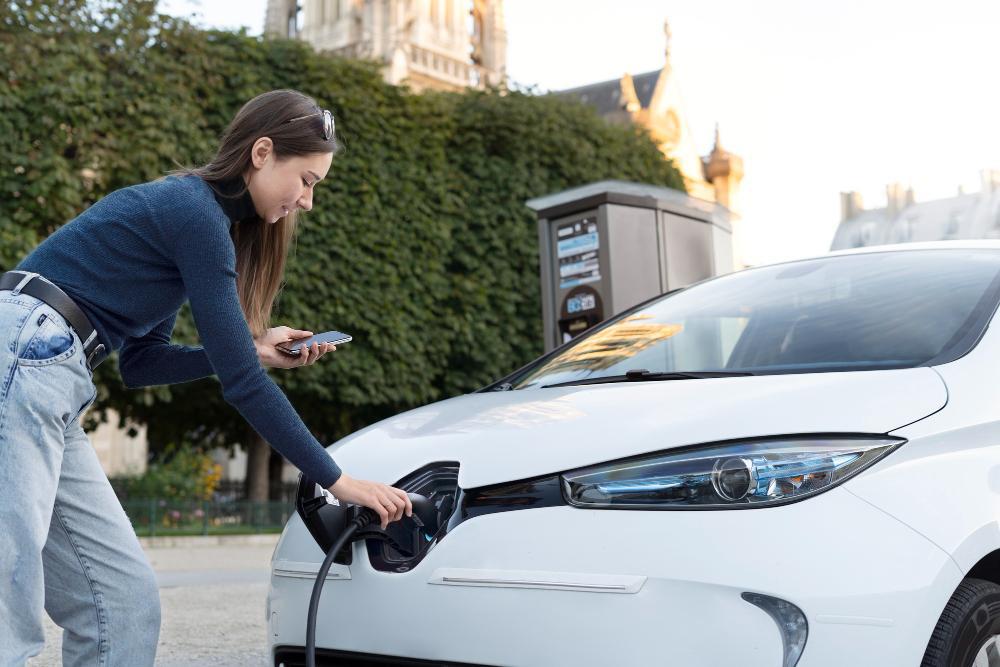
California residents who own electric vehicles pay a specific tax annually, which helps fund road maintenance and repairs across the Golden State.
However, according to Caltrans’ Road Charge Program, this only comes to around a third of what gas-powered vehicle owners pay.
California Propose New Road Tax Program

With the increased popularity of electric vehicles in California, state officials have noticed a drop in the annual revenue produced from road tax due to EV owners paying significantly less.
Two trial programs are being implemented in an attempt to combat this and introduce a tax system that ensures everyone pays their fair share of tax.
The Old Tax System Isn’t Fair

According to Lauren Prehoda, Caltrans’ Road Charge Program manager, the old tax system wasn’t fair, as some people paid much more than others simply because of their type of vehicle.
“What’s happening right now as we see this growth in different types of vehicles… we’re seeing this increasing unfairness in what people are paying,” said Prehoda, per The Los Angeles Times.
The New Tax Program

The new pilot program will pay drivers in California up to $400 in gift cards to trial the new options over a six-month period starting in August.
The newspaper says one model has a flat per-mile rate, and the other has an individualized rate based on a given vehicle’s fuel efficiency.
California’s Fourth Attempt at a New Tax Program

The latest program will be the fourth attempt at solving the current vehicle tax problem in the state.
“This time, it’s unique because in the past, we haven’t actually collected money,” Prehoda said. She continued by explaining that this time, they will be trialing the collection process to ensure its easier for drivers and also a reliable source of tax for the state.
The Final Stages of the Testing

According to Prehoda, the six months of testing will be the final stages before policymakers determine how the new program will be implemented state-wide.
“As a state, we’ve been looking at this for ten years now,” she said. The initial stages of the pilot program began way back in 2016, at a time when transportation officials began testing how feasible the alternative tax payment scheme could be.
Lengthy Study

Over the past eight years, officials have investigated several ways drivers can report their annual mileage and be taxed on it.
Prehoda added that they have also considered how the new tax program could negatively affect those living in rural or tribal communities.
800 Participants in the Trial

The state of California is currently in the process of finding 800 participants to take part in the trial. All participants will begin paying the proposed mileage-based fee each month.
The government will credit those who partake in the experiment for the regular gas taxes or EV registration to ensure they are not double-taxed.
Several Ways to Report Miles

Those who have been selected for the trial after initially signing up online will be notified in July. Following this, the participants will be asked how they would like to report their miles.
According to Prehoda, there will be several ways to report miles. “Some are very low tech, some have a location-sharing aspect. It’s up to you to choose what you do,” she said.
Prehoda Calls on Pubic to Help

Speaking on the trial, Prehoda called on the public to help in the endeavour as this will help solve a long-standing problem for the state.
“This is your opportunity to figure this out together with us, to solve an issue that the state of California has,” Prehoda said before going on to suggest that a depletion of state road taxes will take its toll on everyone’s vehicles. “We all need good roads to get around.”
Smart Technology in Mileage Reporting

California’s new road tax program incorporates advanced technology for mileage reporting. Participants can choose from options like GPS-enabled devices, mobile apps, or traditional odometer readings to report their mileage.
These technological solutions aim to simplify the reporting process, enhance accuracy, and ensure a seamless transition from the traditional gas tax system, making it easier for all drivers to comply.
Encouraging Eco-Friendly Driving
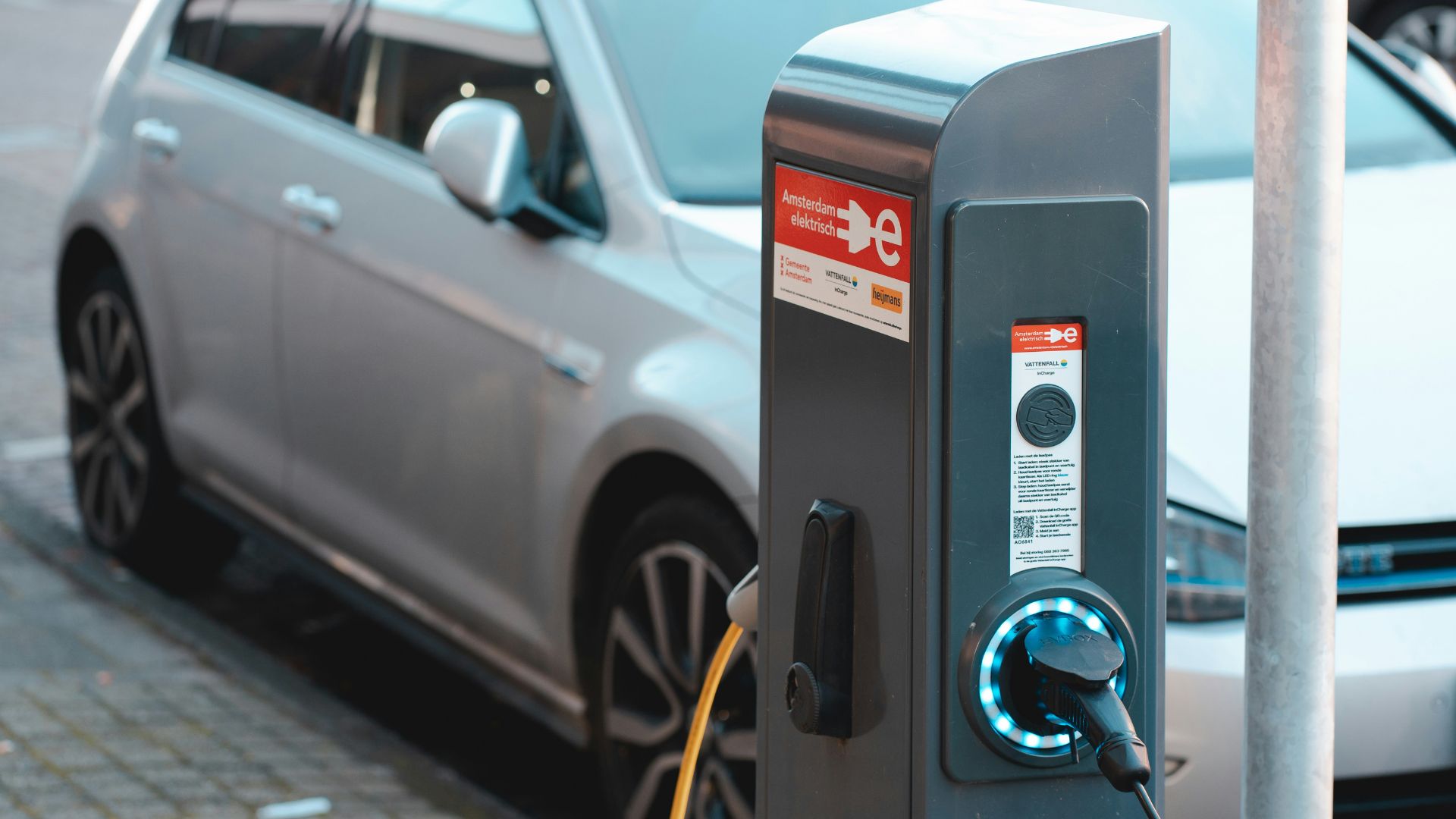
The new mileage-based tax program also promotes environmentally friendly driving habits. By taxing based on miles driven, it encourages drivers to reduce unnecessary trips and consider alternative transportation methods.
This shift can lead to lower overall vehicle emissions, contributing to California’s broader environmental goals and helping to combat climate change by reducing the state’s carbon footprint.
Addressing Rural and Low-Income Drivers
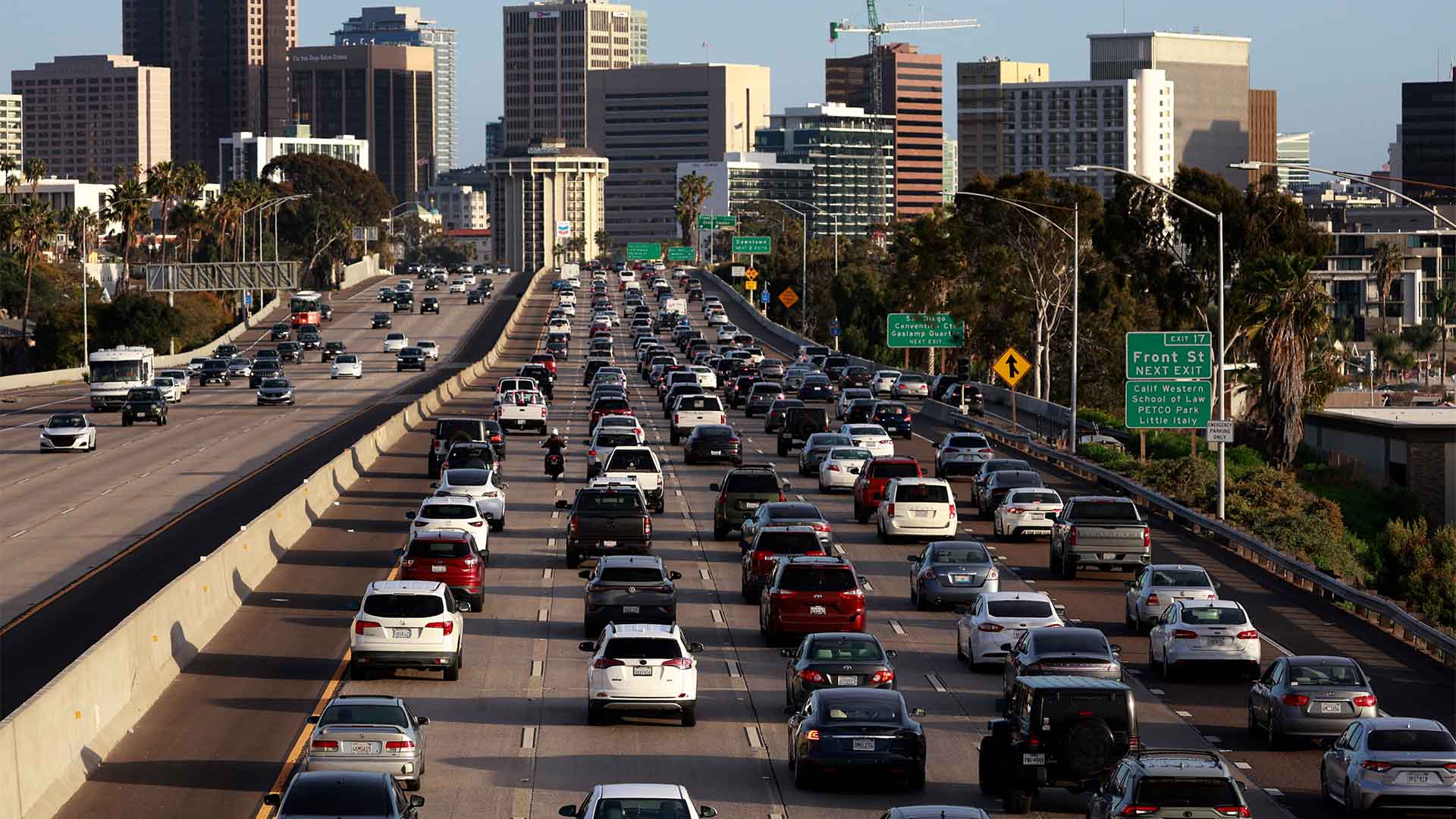
California’s pilot program takes into account the unique challenges faced by rural and low-income drivers. To ensure fairness, special provisions are being considered for those who rely heavily on their vehicles due to lack of public transportation options.
The state aims to create an equitable system that does not disproportionately burden these communities while still raising necessary funds for road maintenance.
Protecting Driver Data

With the introduction of technology-based mileage reporting, data privacy becomes a significant concern. California officials are ensuring participants that their data will be safe and anonymized.
Ensuring that the mileage data is used solely for tax purposes and not shared without consent is crucial to gaining public trust and encouraging widespread participation in the new program.
Engaging the Community

Public involvement is a cornerstone of the new tax program’s development. California is actively seeking feedback from participants to refine and improve the system.
This collaborative approach ensures that the final implementation of the mileage-based tax reflects the needs and preferences of California’s diverse population.
Analyzing Pilot Program Data

As the pilot program progresses, the data collected will be critical for assessing its effectiveness. California officials will analyze the results to determine if the mileage-based tax model meets revenue targets and is fair across different demographics.
This data-driven approach will guide policymakers in making informed (and objective) decisions about statewide implementation and potential adjustments to the program.
Evaluating Economic Outcomes

The shift from a gas tax to a mileage-based tax has significant long-term economic implications. Officials are studying how this transition will impact California’s economy, including changes in consumer behavior and potential effects on vehicle sales.
Understanding these economic outcomes is essential for ensuring that the new tax system supports sustainable growth and adequately funds transportation infrastructure.
Future Legislation and Policies

The success of the mileage-based tax program could lead to new legislation aimed at modernizing California’s transportation funding model.
These legislative developments will be crucial for creating a comprehensive and forward-thinking transportation policy framework.
Boosting Public Transportation

The revenue generated from the new tax program will also support public transportation initiatives. Investments in bus and rail systems can provide reliable alternatives to driving, reducing traffic congestion and further decreasing emissions.
Strengthening public transportation infrastructure is a key component of California’s strategy to create a more sustainable and efficient transportation network.
Adapting to Future Trends
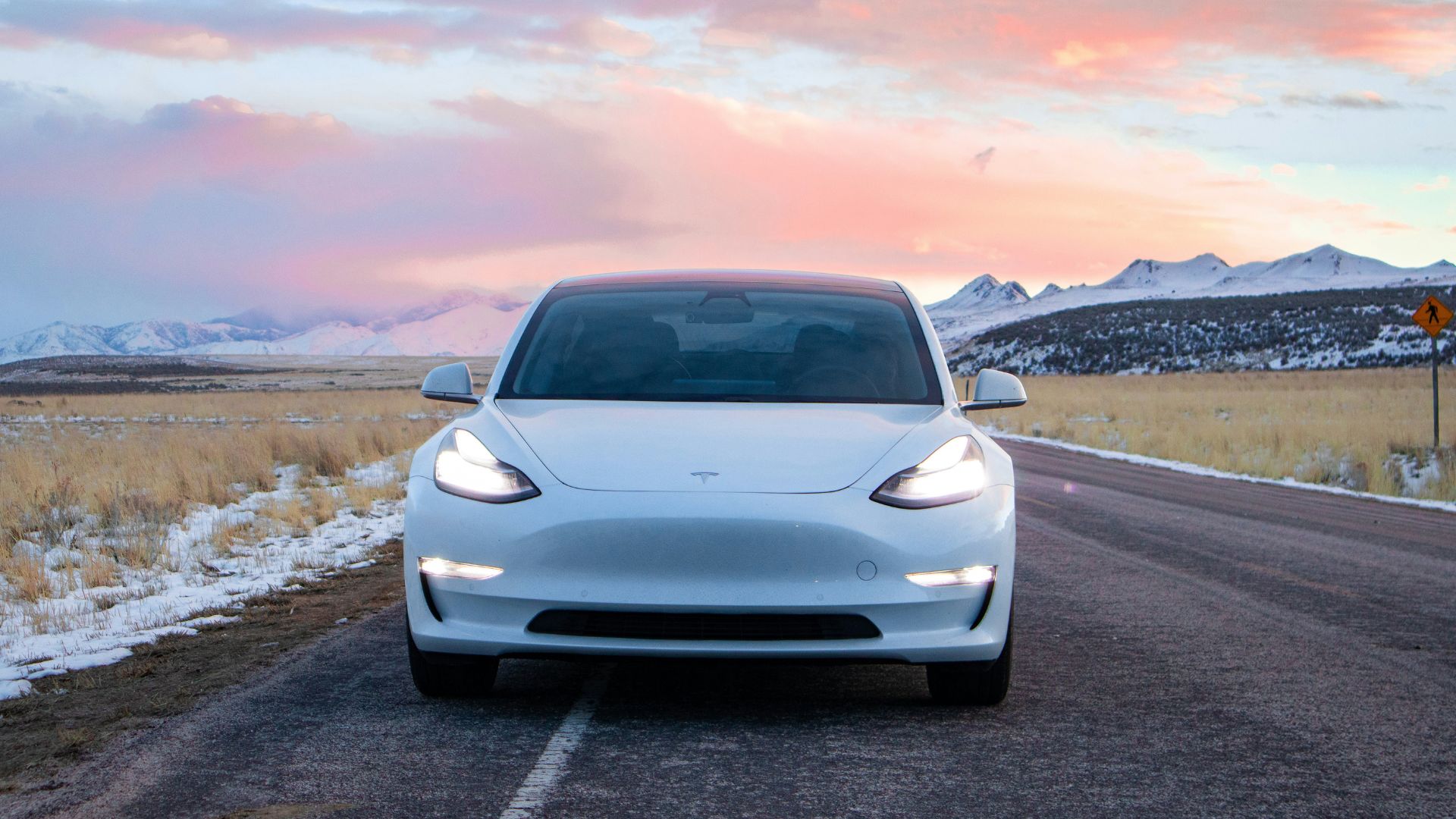
The mileage-based tax program is designed to adapt to future transportation trends. As autonomous vehicles and shared mobility services become more prevalent, the program will evolve to ensure fair taxation.
By staying ahead of technological advancements and changing transportation behaviors, California aims to maintain a robust and adaptable funding model for its road infrastructure.
Educating the Public

To ensure the success of the new tax program, California is launching extensive public education campaigns.
These initiatives aim to inform residents about the benefits of the mileage-based tax, how to participate, and the importance of funding road maintenance.
Potential Sustainability Planning
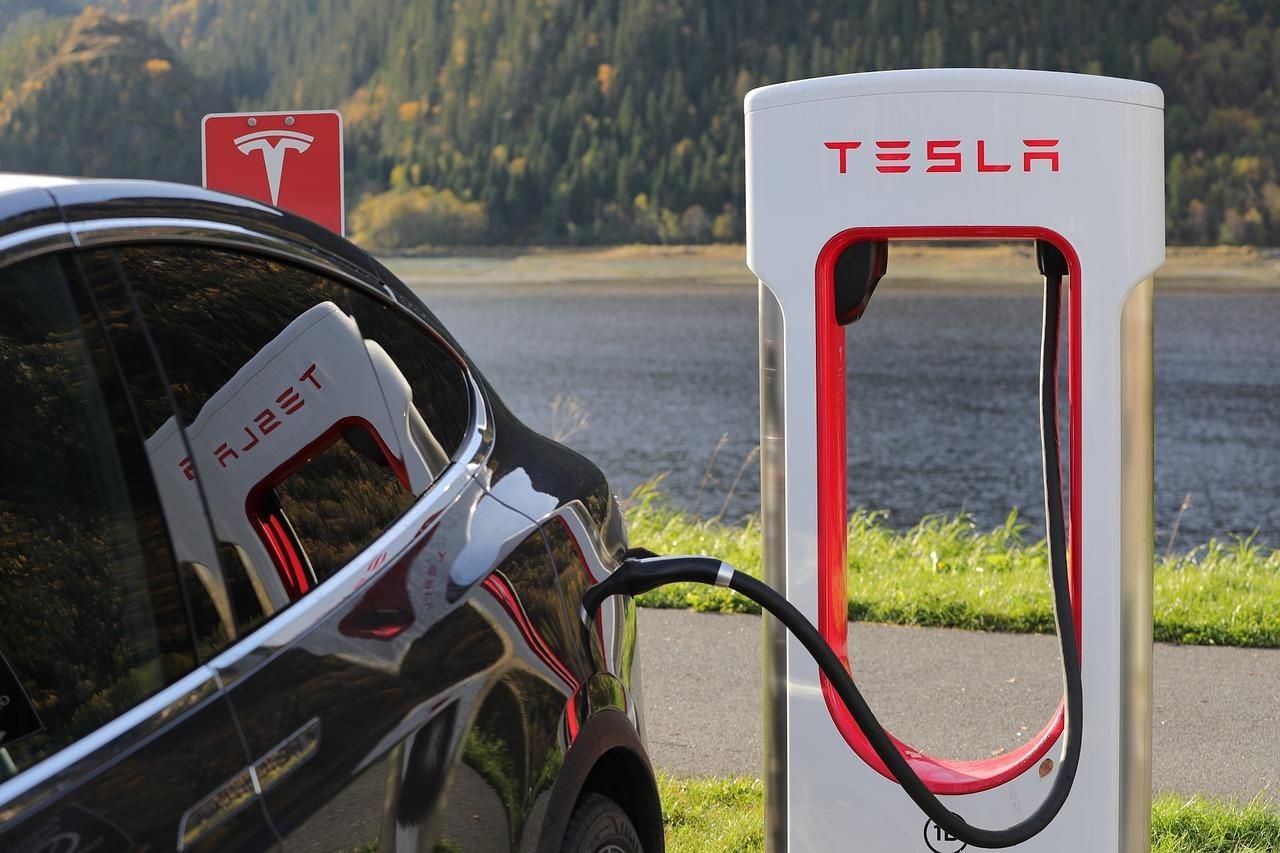
California’s mileage-based tax program is a groundbreaking approach to funding transportation infrastructure.
By shifting away from traditional gas taxes and towards a more sustainable model, the state aims to create a greener, more efficient, and adaptable transportation system.


